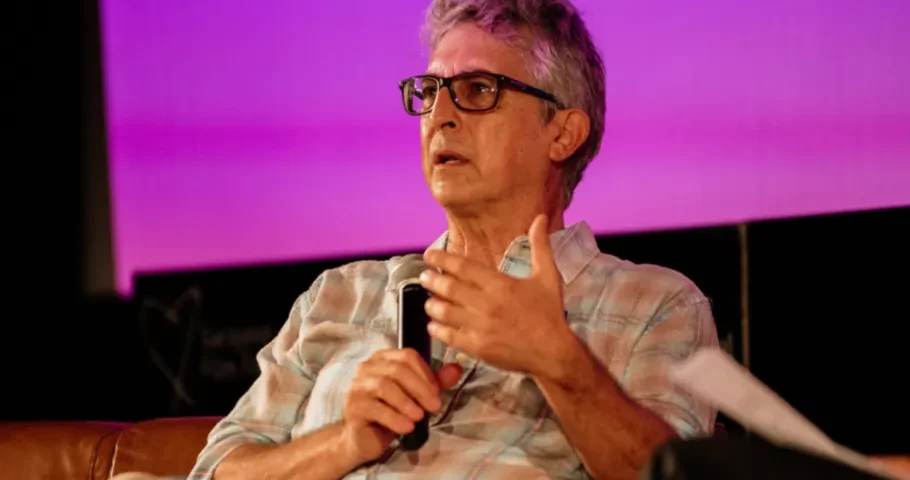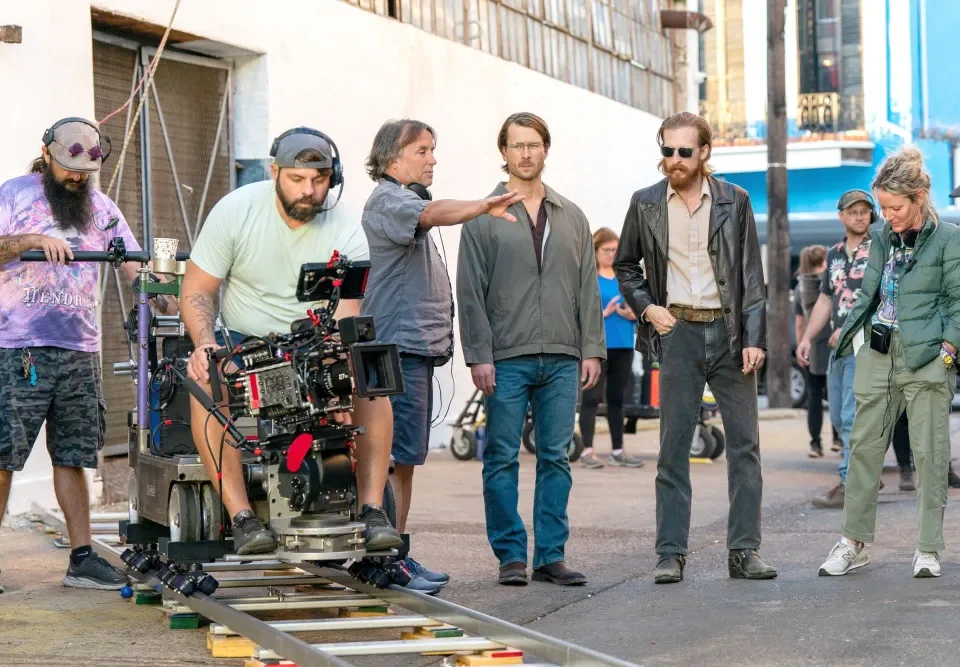
Chile’s Sanfic Industria Heralds Change in Latin American Cinema
08/19/2024
Alain Delon, French Star of ‘Le Samourai,’ Dies at 88
08/19/2024According To The variety Two-time Academy Award winner Alexander Payne (“The Holdovers”) teased the upcoming sequel to his beloved black comedy “Election” Sunday in Sarajevo while dishing on his desire to dabble in genre, sharing more details of an upcoming Western while also expressing his hopes “to do a good car chase film.”
Payne, who’s appearing at the Sarajevo Film Festival to receive a lifetime achievement award, gave an update on the anticipated sequel to his 1999 adaptation of the novel by Tom Perrotta, starring Reese Witherspoon as the ruthless go-getter Tracy Flick.
Paramount is reported to be developing a sequel for streaming service Paramount+, “Tracy Flick Can’t Win,” based on Perrotta’s follow-up novel, published in 2022, with Witherspoon reprising her iconic role and Payne tapped to direct.
“There is talk. Jim Taylor and I are conceiving that now,” Payne said on Sunday, describing conversations with his longtime collaborator, also in attendance. “If there were to be a sequel to ‘Election,’ what would that look like?” The Oscar winner also opened up about an upcoming Western he’s creating with “The Holdovers” writer David Hemingson, citing Anthony Mann (“Winchester ’73”) as an influence while keeping details of the film’s plot under wraps. “It would be nice to take a realistic/naturalistic approach to a Western, and also using landscape, in as much as a sense of place is important in the films I do,” he said. “Having an even greater dramatic, archetypal interplay between character and landscape is really interesting.”
Speaking to a full house at Sarajevo’s Bosnian Culture Center, the Nebraska native also expressed his desire “to do a good car chase film, like ‘Bullitt,’” Peter Yates’ iconic 1968 action-thriller starring Steve McQueen.
“I just watched a fantastic, 1971 French movie shot in Athens, with Jean-Paul Belmondo and Omar Sharif,” he continued. “Henri Verneuil is the director. ‘The Burglars.’ ‘Le casse.’ Phenomenal car chase. And the movie ‘Vanishing Point,’ such a masterpiece. I want to do a car chase. I’d also like to do a detective movie.”
Payne’s eight feature films have been nominated for 24 Oscars, including four times for best picture and three times for director. He has won twice for adapted screenplay, and “The Holdovers” won supporting actress this year. His films also include “Citizen Ruth” (1996), “Election” (1999), “About Schmidt” (2002), “The Descendants” (2011), “Nebraska” (2013) and “Downsizing” (2017).
On Saturday night, Payne received an Honorary Heart of Sarajevo Award and introduced a special screening of his 2004 adapted screenplay Oscar winner “Sideways,” returning 20 years after the film first played at the Bosnian fest.
Asked about his relationship with that film’s star, Paul Giamatti, who reunited with Payne for a critically acclaimed performance in “The Holdovers,” the director cited storied screen partnerships, such as Bergman-von Sydow and Fellini-Mastroianni, as examples of the relationships he tries to pursue as a filmmaker.
“They had good chemistry, they understood, instinctively, together, what film they were making,” he said. “I wanted to have such a relationship with an actor or actress, but I haven’t. Because each script that I’ve done is very different, one from the other. I’ve been jealous of those directors who have long-standing relationships with one actor.
“I have it a little bit with Giamatti,” he continued, drawing incredulous laughter from the audience. “A lot,” he conceded. “And after working with him 20 years ago on ‘Sideways,’ which was shown here in Sarajevo in 2005, he and I very much wanted to work together again. And because I don’t make films as frequently as I would like, I haven’t had as many chances to offer him something.
One missed opportunity was “Downsizing,” the director’s 2017 sci-fi comedy about humans who get miniaturized to save the planet, which was originally conceived with Giamatti in the lead role. “It was hard to get financing with him as the lead, because that was such an expensive movie,” Payne said. The role ultimately went to Matt Damon, though the film still flopped at the box office.
The director insisted that purposely keeping budgets low on his films was a way to ward off meddling from his financiers.
“I want low budgets. Freedom lies in lower budgets,” he said. “The more expensive a movie is, anywhere in the world, the more the people who control the money are going to be nervous and they’re going to want to try to influence you. And even if you’re strong and can fight their influences, still they seep in.
“You don’t want anyone talking to you while you’re making a film — especially people only thinking about money. And the way you do that is by purposely keeping your costs low,” he continued. “I want low budgets. I don’t want anyone thinking about what I’m doing. Stanley Kubrick, the same. Keep his budgets low so people leave him the hell alone.”
Asked about the secret to sustaining his celebrated career, Payne described his creative process as “all feel, instinct — groping in the dark, moment by moment.”
“You put your butt down and write. You just have to keep doing it,” he said. “I just finished ‘The Holdovers’ and I’m traveling, and people say, ‘Oh, do you have a new project?’ New project? I haven’t put my fucking butt down to write a script. You have to put those five or ten thousand hours in. Without a chair, there’s no film.”




